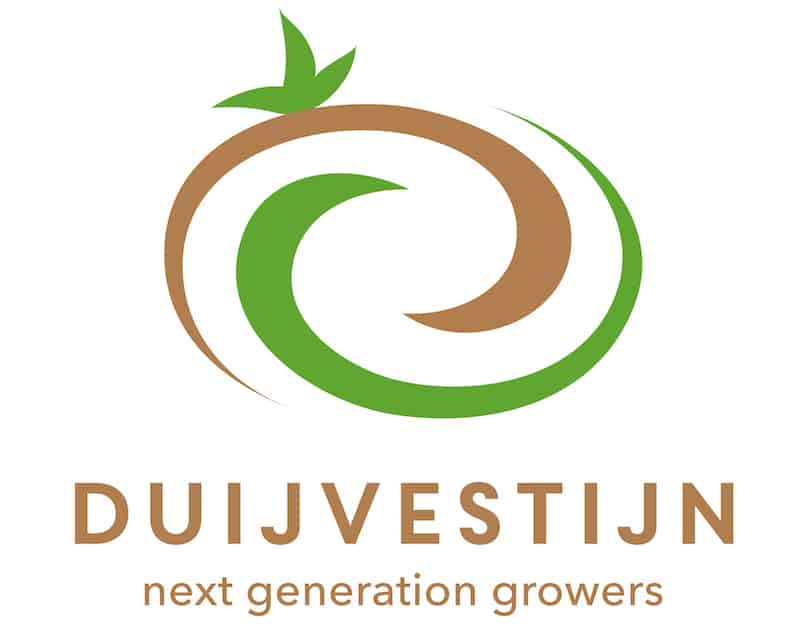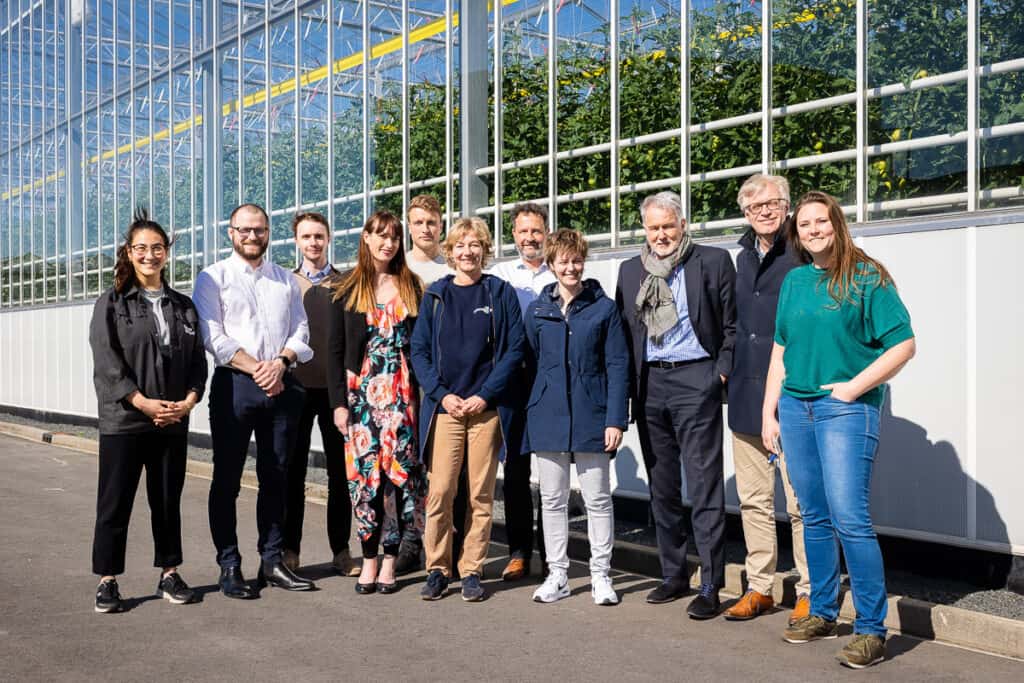Duijvestijn Tomaten is supporting Deep Branch, a British start-up, in the production of sustainable proteins under the name ‘Carbon Craft’ project. The project aims to develop innovative ways to convert CO2 into high-quality proteins. The idea behind the project is to reduce CO2 emissions from industrial processes while creating a sustainable food source. A mission that Duijvestijn Tomaten wholeheartedly supports from its core values.
MPU
Duijvestijn Tomaten helped Deep Branch set up a mobile pilot plant (MPU) by providing space and facilities available at the Duijvestijn Next premises. Deep Branch was able to carry out extensive tests with CO2 transported to our greenhouses via the OCAP pipeline. Recently, this MPU was successfully put into operation and the first proteins were produced from CO2. The commissioning of the MPU is a crucial step in the commercialisation of the technology.
Sustainable food chain
The project is still in the development phase, but the promising results are an important step towards a more sustainable food production. Duijvestijn Tomaten considers it important to contribute to the sustainability of our food chain. Supporting companies like Deep Branch that share this vision and have innovative solutions for it is part of that. We are proud to have been able to contribute and wish Deep Branch every success in the coming period with scaling up production. We will continue to follow them with great interest.
Read Deep Branch’s press release on the successful commissioning of the MPU here:
Deep Branch validates its technology using industrial-grade gases, moving a step closer to commercialisation
Deep Branch
Deep Branch is a British company that focuses on the production of sustainable proteins. Its mission is to make them accessible to the global food industry.
Carbon Craft Project
The Carbon Craft Project uses microbes to convert CO2 and hydrogen into proteins. These proteins are of high quality and can be used as ingredients for animal feed and the food industry and offer a sustainable alternative to traditional protein sources.
OCAP
OCAP stands for “Development and CO2 Capture and Storage Project” and is an initiative started in 2005 by a number of Dutch companies to capture and store CO2 emitted by industrial processes. One of OCAP’s main projects is the pipeline transporting CO2 from the port of Rotterdam to the greenhouse area, including to Duijvestijn Tomatens’ greenhouses.

